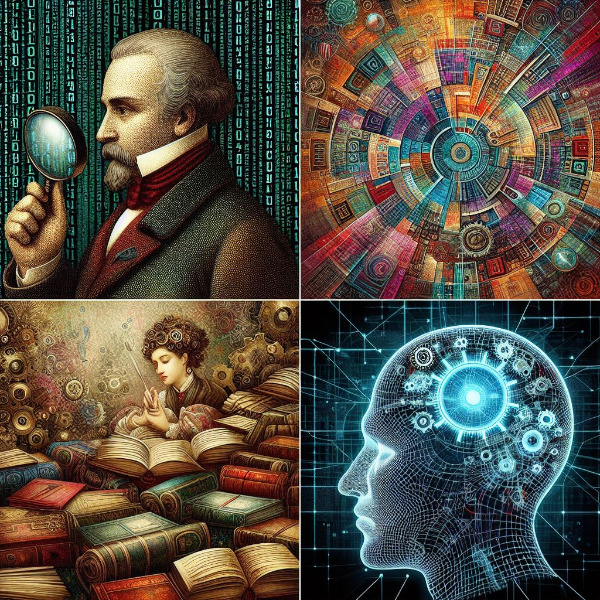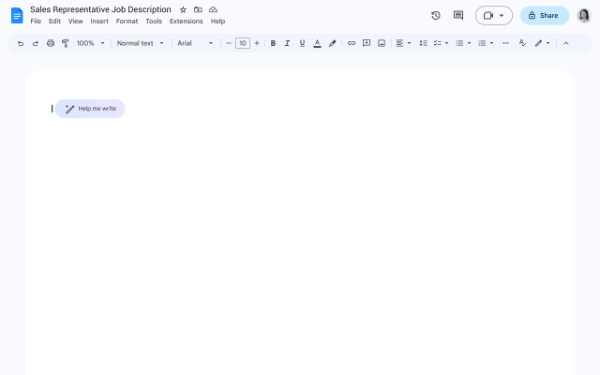Digital Humanities - Some History

I wrote earlier in this week's series a bit about Digital Humanities history which goes back to what was called "humanities computing" in 1940s and 50s. An early example being Roberto Busa's efforts in the 1940s to create, using an IBM mainframe, a computer-generated concordance to Thomas Aquinas' writings.
The term "digital humanities" is believed to have been coined in the late 20th century. There isn't a single definitive origin point, but I first started to hear the term in academic circles in the 1990s. I recall a bunch of people doing research and writing dissertations on the intersection of computing technologies and humanistic inquiry.
In 1996, John Unsworth, a professor at the University of Virginia, used the term in his essay "What is Humanities Computing and What is Not?" The term "digital humanities" (DH) has become increasingly common in academia and it encompasses a broad range of activities that involve applying digital tools and methods to humanities research and scholarship.
DH includes a number of new ways of doing scholarship that involve collaborative, transdisciplinary, and computationally engaged research, teaching, and publishing. For some older faculty, there was resistance because DH brings to the study of the humanities a recognition that the printed word is no longer the main medium for knowledge production and distribution.
The first specialized journal in the digital humanities was Computers and the Humanities, which debuted in 1966. The Computer Applications and Quantitative Methods in Archaeology (CAA) association was founded in 1973. The Association for Literary and Linguistic Computing (ALLC) and the Association for Computers and the Humanities (ACH) were founded in 1977 and 1978, respectively.
Soon, there was a need for a standardized protocol for tagging digital texts, and the Text Encoding Initiative (TEI) was developed and launched in 1987 and published the first full version of the TEI Guidelines in May 1994. This led to Extensible Markup Language (XML), which is a tagging scheme for digital editing.
Researchers also began experimenting with databases and hypertextual editing, which are structured around links and nodes, as opposed to the standard linear convention of print. In the 1990s, major digital text and image archives emerged at centers of humanities computing in the U.S. (e.g. the Women Writers Project, the Rossetti Archive, and The William Blake Archive[demonstrated the sophistication and robustness of text-encoding for literature.
The advent of personal computing and the World Wide Web meant that Digital Humanities work could become less centered on text and more on design. The multimedia nature of the internet has allowed Digital Humanities work to incorporate audio, video, and other components in addition to text.
The shift from calling this work "humanities computing" to "digital humanities" has been attributed to John Unsworth, Susan Schreibman, and Ray Siemens who, as editors of the anthology A Companion to Digital Humanities (2004). The newer term created an overlap between fields like rhetoric and composition.
In 2006 the National Endowment for the Humanities (NEH) launched the Digital Humanities Initiative (renamed Office of Digital Humanities in 2008), which made widespread adoption of the term "digital humanities" in the United States. DH got a big boost at the 2009 MLA convention in Philadelphia, where digital humanists had their field hailed as "the first 'next big thing' in a long time."
What comes next?


